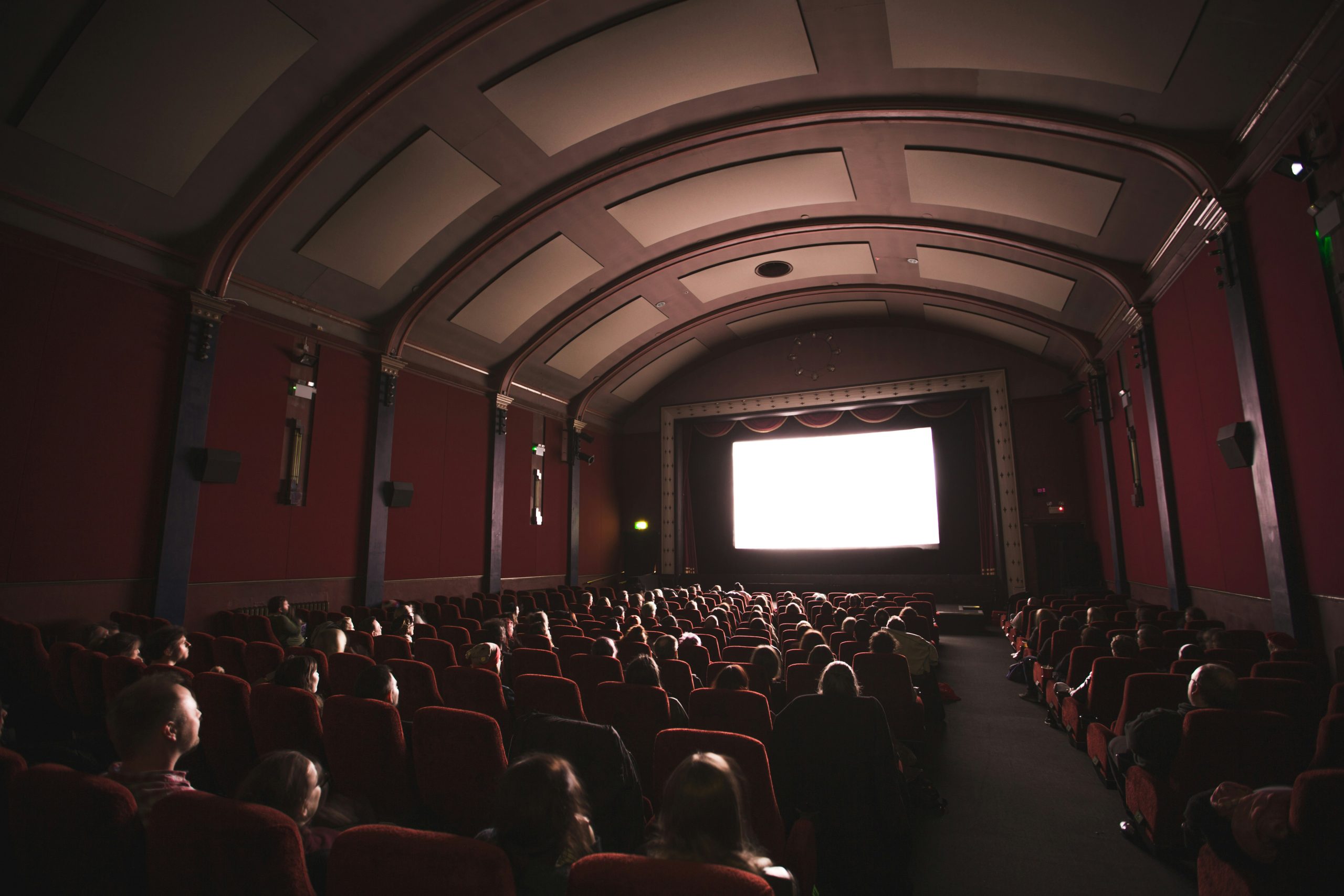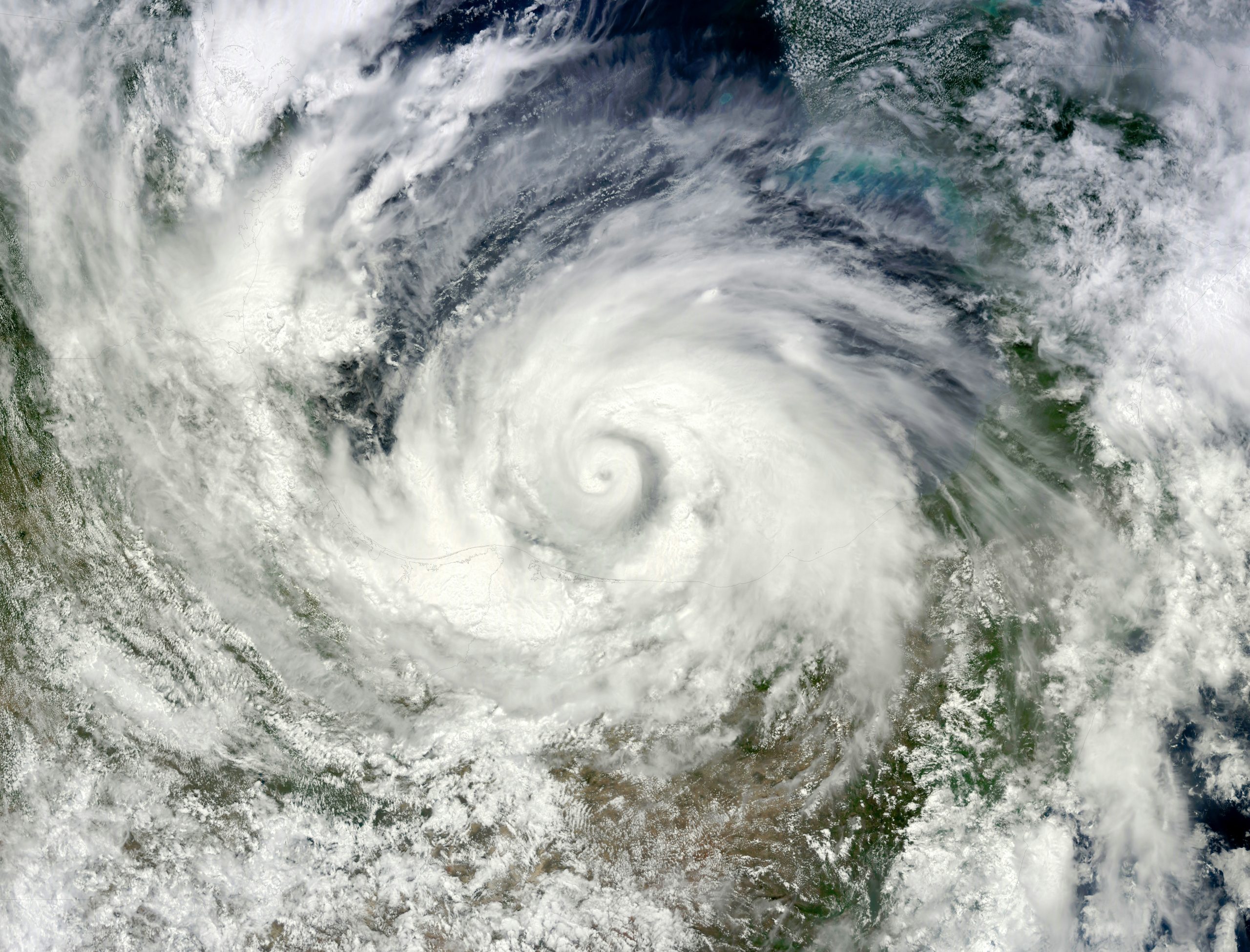news
Veterans’ Reading at NYU

1. Workshop Fellow Lizzie Harris with KABOOM author and workshopper, Matthew Gallagher. 2. Reading newcomers, Sonya and Keerthi.
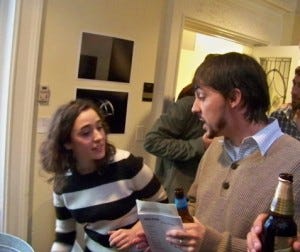
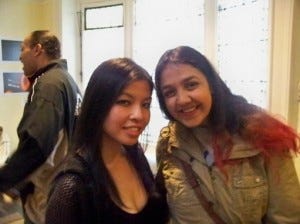
It is appropriate that my last post as a writer for The Outlet covers a reading close to me and what I think is simply one of New York’s best readings to hear immediate, affective, and electric literature.
This past Saturday’s annual Veterans’ Reading at the Lillian Vernon Creative Writers House, while having a connecting theme of veteran readers, features in its production the diversity and contradiction that is often missed at other readings around the boroughs. There are men and women; unpublished writers, like Jeremy Warneke; and heavy-hitters, like Rick Moody. It takes place in a picturesque townhouse in the West Village, yet is held under the tutelage of a University. There are young writers and MFA holders, poets and novelists, musicians and photographers, Army and Navy, activists and ambassadors, all housed under the same roof to hear stories from one very particular community: a community of veterans.
1. Workshopper Phil Klay, whose short-story collection will soon be put out by Penguin (congrats!). 2. Warrior Writers curator Lovella Calica with Brooklyn IED expert and workshopper, Matthew Mellina.
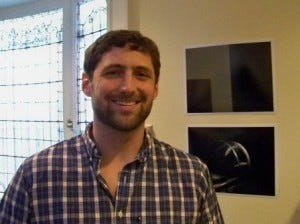
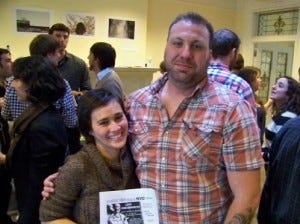
The stories from this community are immediate, because regardless of your political leanings, the time we live in is swallowed in conflict. Conflict is necessary. At least when plot is concerned. And, as such, the reading developed its own narrative, starting with a subtle edge in the fiction of Eric Fair, resting in the middle with meditations in Matthew Mellina’s prose-poetic urbanity, and ending in the tears of Rick Moody as he read from Moby Dick, Chapter 23, The Lee Shore (may I offer an invitation to reread it?). This particular offering was mentioned throughout the reception after, particularly when Moody stopped to say, “I’m so moved by you guys.”
I’m so moved by you guys. The affective nature of the writing, and let us not forget, reading, is standout. There are many biases motivating my coverage of this event, but all of them fall short, and thus irrelevant, to the simple fact that you cannot help but have an elevated emotional experience here. Two attendees, Sonya and Keerthi, came alone to the event but found each other after, to talk about what they heard and felt. Sonya, a Pace University marketing major, came with “no expectations” and nodded in agreement with Keerthi’s praise of the “enlightening” reading. I left the two in their conversation and newfound company, something I think the veterans would appreciate. One attendee, the founder of the Warrior Writers Project, Lovella Calica, captures what I think is at the root of the uniquely affective nature of this reading. She says, “They’re good people, they’re good writers, and they’re an important community for our time.”
That is, it is not that they are just good writers, but they have narratives behind their narratives. I have covered a variety of events for The Outlet, from brothels to synagogues and Barnes & Nobles to dive bars (yay!). I have heard wonderful readings from strangers and trained back to Harlem feeling changed. However, the added effect of hearing a story read by a veteran is that you can assume part of their biography; it gives you a literary “in” which allows you access to the reader. And in doing so, amplifies your connection to their work. Sometimes this can be precarious, as assumptions frequently are, but when you hear Joseph Wades read: “past the line of hardship / cracked on a singer’s face / where eyes don’t dare linger,” you know at least two things about this man: at some point he signed up to fight a war, and now he’s reading you poetry. My eyes don’t dare linger because I feel I may owe him too much. Or I feel something I can’t quite identify, both patriotic and shameful at the same time. Something complicated and electric. Something to get the majority of the audience to stay after and talk and mingle and say to each other, “Wow. That was amazing.”
— –
The reading is funded in great part with the help of Ambassador Jean Kennedy Smith and the Disabled American Veterans Charitable Service Trust. Their support puts three MFA students through college, offers a free, no application writing workshop to veterans of Iraq and Afghanistan, and, at the end of the academic year, puts forth a stunning reading and an anthology of their work (in ever increasing quality) titled Nine Lines, which is available for free.
— –
Veterans Word-Cloud: goodbye, zero, thanks
***
— Craig Moreau, author of Chelsea Boy, has just finished a book tour and is currently drinking a beer. He is interested in identity, democracy, and word-clouds.






